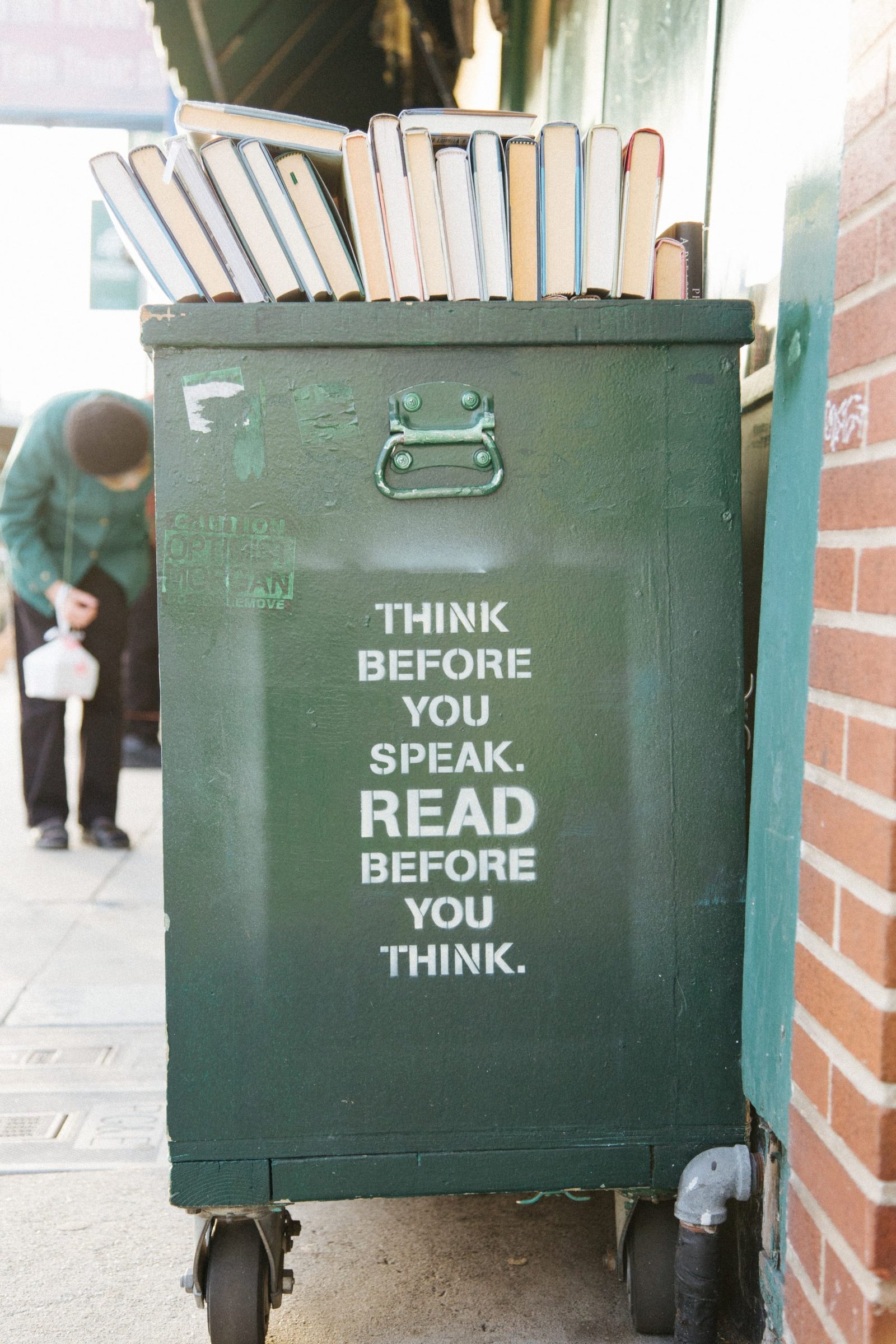Reading through Texas HB3979[1] this week, exposes yet another avenue through which ignorance is cultivated—legislation. Texas HB3979, which went into effect on September 1, 2021 and states in section (2) “teachers who choose to discuss current events or widely debated and currently controversial issues of public policy or social affairs shall, to the best of their ability, strive to explore such issues from diverse and contending perspectives without giving deference to any one perspective.” As with any text, interpretation is both an art and a science. However, the language in this bill is so broad it would apparently entangle nearly any discussion on race, gender, religion, sexuality, art, etc. It wouldn’t take much effort to see how remembering Rosa Parks would get eliminated, or how a Dallas history including the lynching of Allen Brooks[2] or Santos Rodriguez[3] would get ignored because what’s the “diverse and contending perspective” on officer Darrell Cain who played Russian roulette with a 12-year old demanding he confess to stealing $8 from a cigarette vending machine? Instead of manufacturing a confession he shot 12-year-old Santos in the head in front of his 13-year-old brother. Do tell Texas Republican legislators, what’s the “other side” to this story that ought to be taught?
Yet, I think this is precisely the point. The desire is to forget history, to cultivate a collective social amnesia, a “structural oblivion” (to borrow Janet McIntosh’s language) about what white supremacy in Texas has done and who it has done it to. The legislation even goes as far as to outlaw making people feel uncomfortable. “No teacher, administrator, or other employee in any state agency, school district, campus, open-enrollment charter school, or school administration shall shall [sic] require, or make part of a course the following concepts…(7) Any individual should feel discomfort, guilt, anguish, or any other form of psychological distress on account of his or her race or sex.” I would prefer that they just make explicit what this actually attempts to address–white men don’t want to deal with the history of their own group, and we don’t want to feel any “discomfort, guilt, anguish, or any other form of psychological distress” because of any past, present, or future actions. And, oh yeah, white women too (hence the “his or her wording). White men continue to hide behind accumulated power in an attempt to avoid, ignore, rewrite, or repress history.
The bill also attempts to enshrine Whiteness in the form of meritocracy as the fundamental approach to a colorblind society. It states, “…(8) meritocracy or traits such as a hard work ethic are racist or sexist, or were created by a members of a particular race to oppress members of another race.” It appears that those in the Texas government would prefer to live under the myth that they “pulled themselves up by their own bootstraps,” that they made it because of hard work and perseverance, and that their skill and talent alone is to credit for their social position. The myth of meritocracy is merely another form of ignorance, a way of not-knowing about how one’s social identities impact one’s personal and professional outcomes.
The ability to forget, ignore, or rewrite history is a cultivated practice. Whether we look at immigration in the United States while refusing to address the complicity and moral obligation we have to care for the foreigner among us (Leviticus 19:34), or how the United States actively destabilizes countries in Central and South America in the name of fighting communism like El Salvador, Honduras, and Guatemala, or how, when, and why Confederate Monuments were erected, or that Lost Cause narratives exist to reinvent the very reasons surrounding the American Civil War, they all share ignorance as their modus operandi. The ignorance undergirds a manufactured, misinformed, willful and active epistemology of obliviousness.
Thus, the epistemic realignment needs to target both what we know (i.e. substance) and how we come to know it (i.e. methodology, hermeneutics, and community). The issue underlying these epistemologies—whether active, passive, mis/dis-informed—cannot be simply about information acquisition. As Linda Alcroff states, “The problem is not explainable by a lack of access to resources for knowledge and information, nor is it a problem that decreases with the advantages of class.”[4] Therefore, to counter this structural oblivion requires a rhizomatic approach (borrowing from Gilles Deleuze and Félix Guattari). Wherein there won’t be “a” solution, but a multiplicity of solutions since knowing is not an individualistic pursuit. Knowing always relies on each other through an interconnected web of mutuality. Conversely, our non-knowing is also not done in isolation, but within and through community. The stories we tell and choose to remember, as well as the ones we choose to ignore or whitewash, create a collective knowing past down to subsequent generations. Legislation like HB3979 works to freeze our ability to remember, to retell, and to confront our histories attempting to create state-wide collective amnesia to maintain white people’s comfort, supremacy, and colorblind mythologies.
[1] https://capitol.texas.gov/tlodocs/87R/billtext/pdf/HB03979I.pdf
[2] https://blog.smu.edu/untolddallas/dallas1910/
[3] https://www.keranews.org/news/2021-07-24/48-years-later-the-latino-community-in-dallas-continues-to-pay-tribute-to-santos-rodriguez
[4] Linda Alcroff, edited by Shannon Sullivan and Nancy Tuana. Race and Epistemologies of Ignorance. Albany: State University of New York Press, 2007. Pg. 39.
Cover Photo by Kyle Glenn on Unsplash





